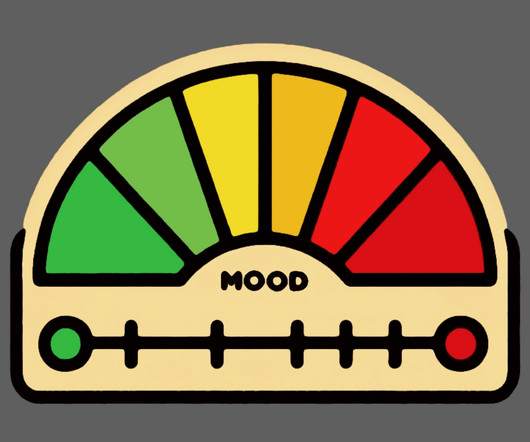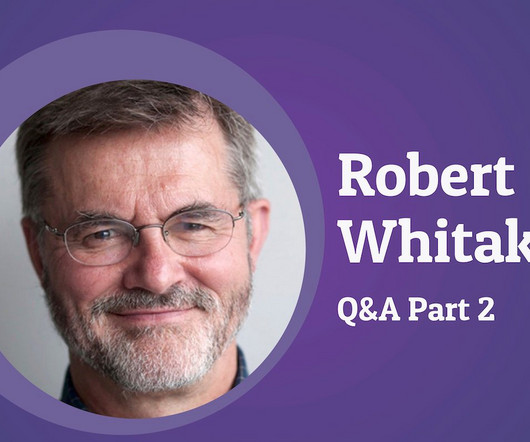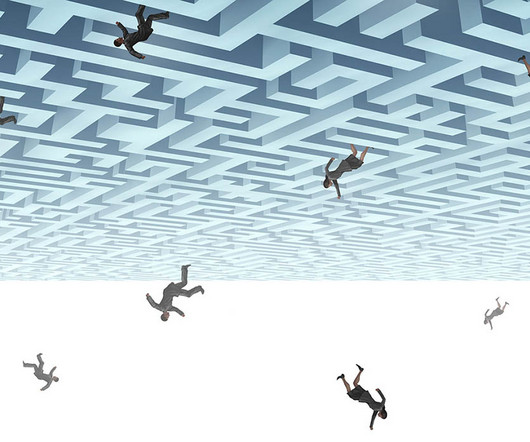The Quiet Crisis in Mental Health: The Medicalization and Deskilling of Psychotherapy
Mad in America
APRIL 29, 2025
This parallels Micha Frazer-Carrolls argument that mainstream mental health awareness campaigns tend to normalize mental illness for the so-called worried well, while deliberately excluding those deemed mad or seriously mentally ill. As a result, this promotes the funneling of the mad toward psychiatry and institutional care.


















Let's personalize your content